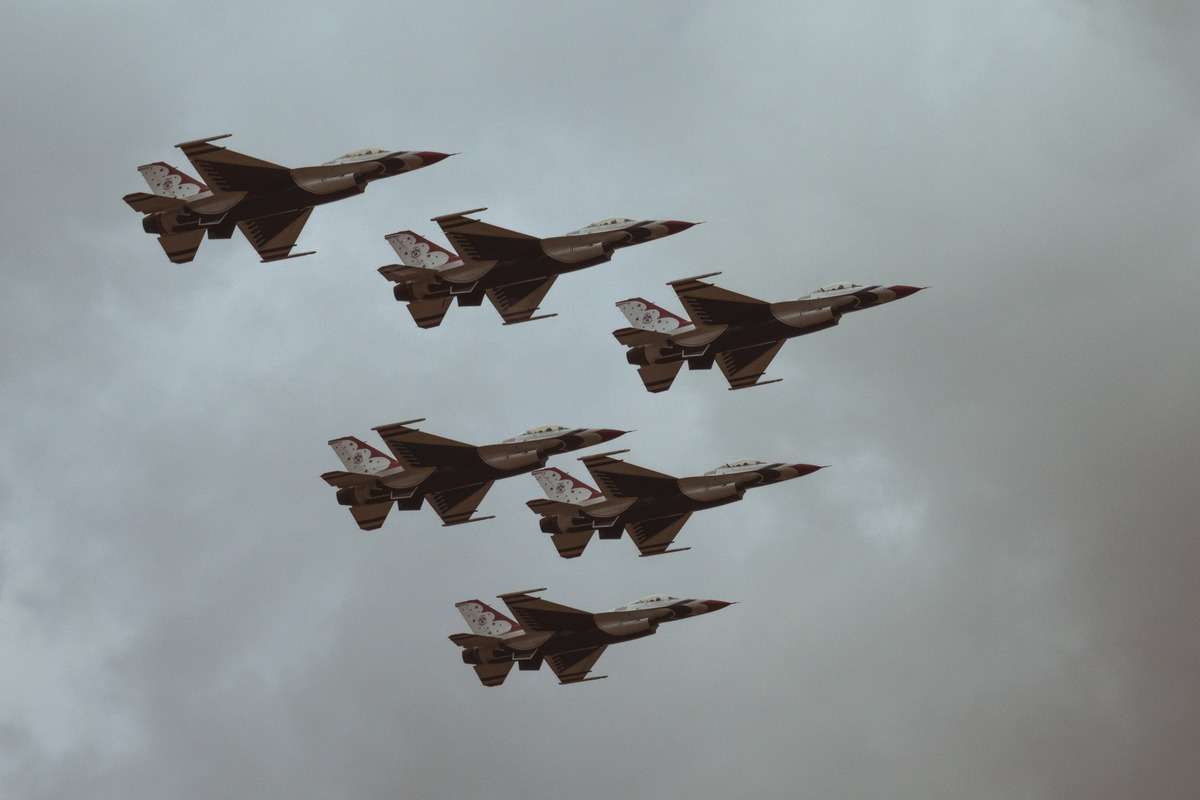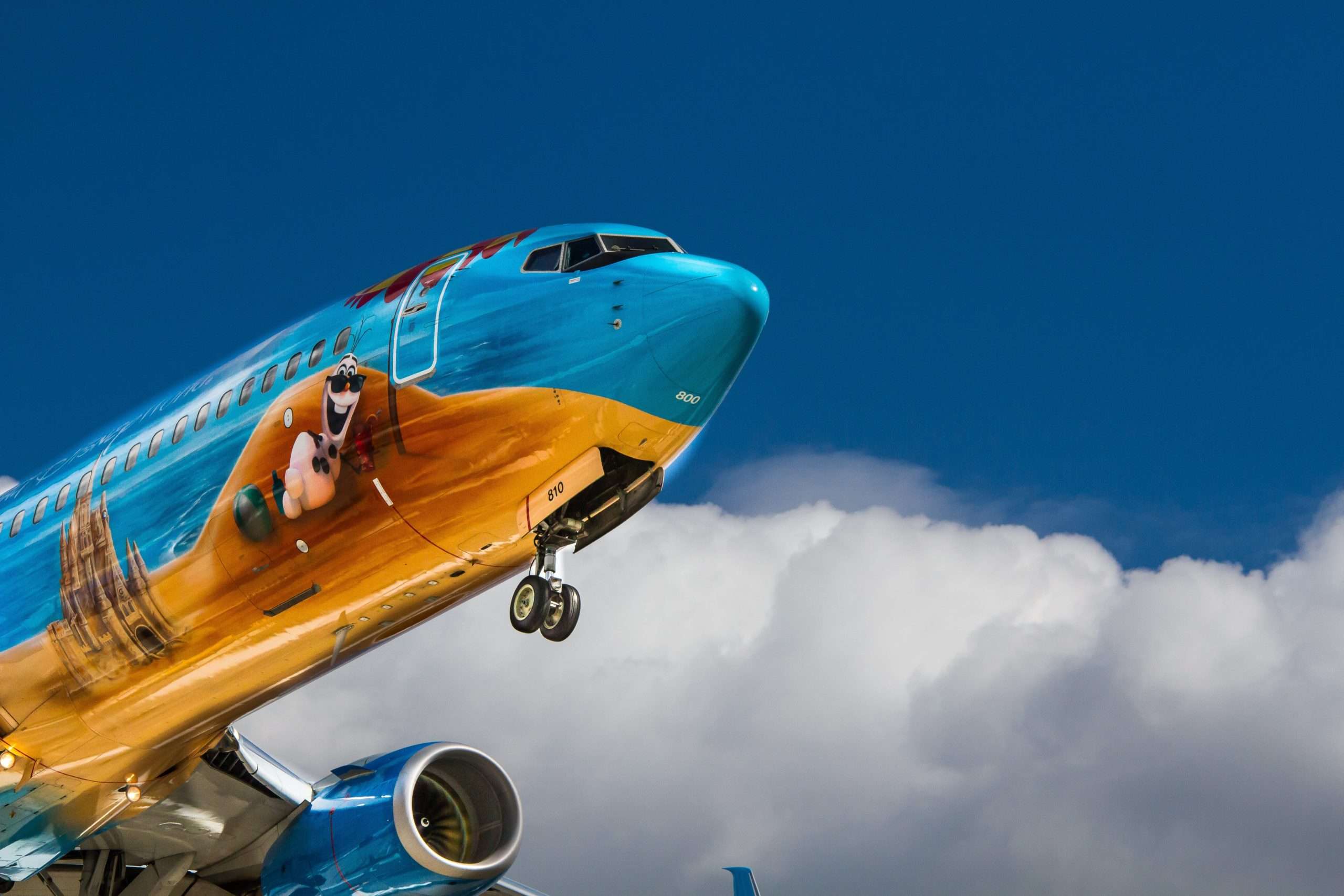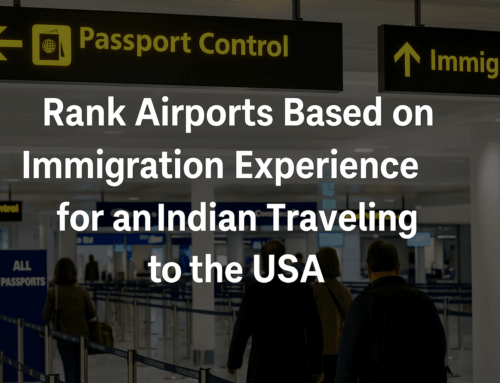The Impact of the Israel-Hamas Conflict on the USA Aviation Sector

Introduction:Impact of the Israel-Hamas Conflict
Global conflicts often radiate implications far beyond their epicenters. The Israel-Hamas conflict, for instance, resonated across continents, touching even the USA’s aviation sector. But how deep do these ripples go?
Shift in Defense Stocks When there’s smoke on the geopolitical horizon, defense stocks often fan the flames. As the Israel-Hamas tension brewed, aviation companies with defense contracts felt the heat. Governments the world over tend to bolster defense spending during conflicts, influencing defense stock values in the aviation sector.
The Delicate Balance of Geopolitical Stability The sky isn’t just vast; it’s sensitive, especially to political tremors. With the Israel-Hamas conflict shaking the global stability pillars, the aviation world felt compelled to recalibrate. International regulations evolved, travel advisories were issued, and airlines found themselves revisiting their global route maps.
Fuel Prices and the Flight to Profitability Isn’t it intriguing how a conflict in the Middle East can change the numbers at your local gas station? Now scale that up to jet fuel for an entire airline. As the conflict threatened to spill across borders, oil prices wobbled. And with jet fuel being a substantial slice of an airline’s expenditure pie, ticket prices and profitability came under scrutiny.
Aid, Logistics, and the USA’s Diplomatic Role Uncle Sam’s role in the Israel-Hamas narrative isn’t just diplomatic. The USA’s aid, military support, and equipment shipments to Israel are often airborne. Add to this the diplomatic delegations flying to and fro, navigating the peace corridors, and you get a hefty aviation dossier.
Security Upped a Notch Remember those times when you breezed through airport security? A distant global conflict can change that. U.S. airports, in light of the Israel-Hamas tussle, fortified their security barriers. The outcome? A transformed passenger experience, occasionally marked by longer waits.
The Long-Term Picture and Unforeseen Impacts While we’ve shed light on the immediate impacts, the long-term effects hinge on the conflict’s intensity and span. Broader regional implications can bring more variables into play. Hence, to paint an accurate aviation picture, real-time data coupled with expert analysis is indispensable.
Conclusion The interconnected web of global geopolitics and industries like aviation is a testament to our shared global destiny. The Israel-Hamas conflict, in its sway over the USA’s aviation sector, underscores the need for peace, preparedness, and proactive strategies for industries worldwide.
FAQs
- How do defense stocks correlate with global conflicts?
- Defense stocks often fluctuate with geopolitical tensions, as governments might bolster defense spending, affecting aviation companies with defense contracts.
- Are ticket prices directly linked to conflicts like the Israel-Hamas one?
- Indirectly, yes. Conflicts can influence oil prices, which in turn affects jet fuel costs, ticket pricing, and airline profitability.
- Does the USA’s role in the Israel-Hamas conflict influence its aviation industry?
- Absolutely. The USA’s aid, military support, and diplomatic roles can significantly impact cargo, passenger aviation, and travel routes.
- What’s the long-term impact of such conflicts on USA aviation?
- The long-term effects depend on the conflict’s intensity, duration, and broader implications. Accurate assessments require real-time data and expert insights.
- Why is security heightened at U.S. airports during foreign conflicts?
- To ensure passenger safety and cater to any potential threats, even if they seem distant or unrelated.

























